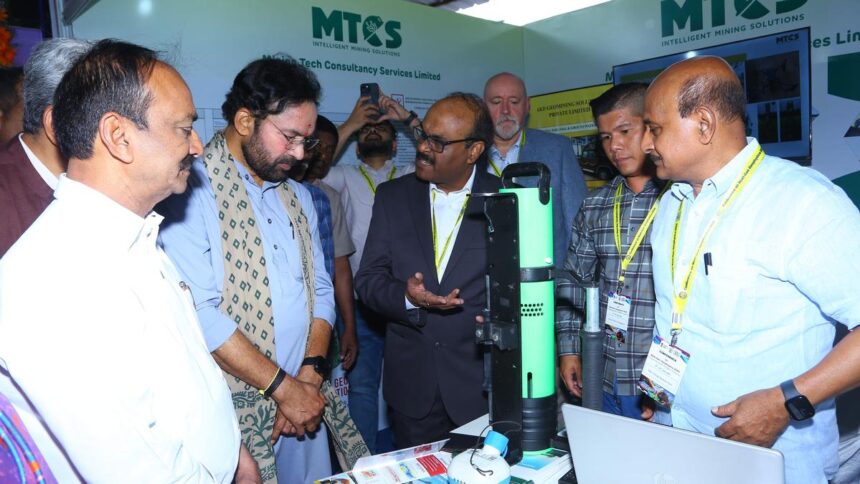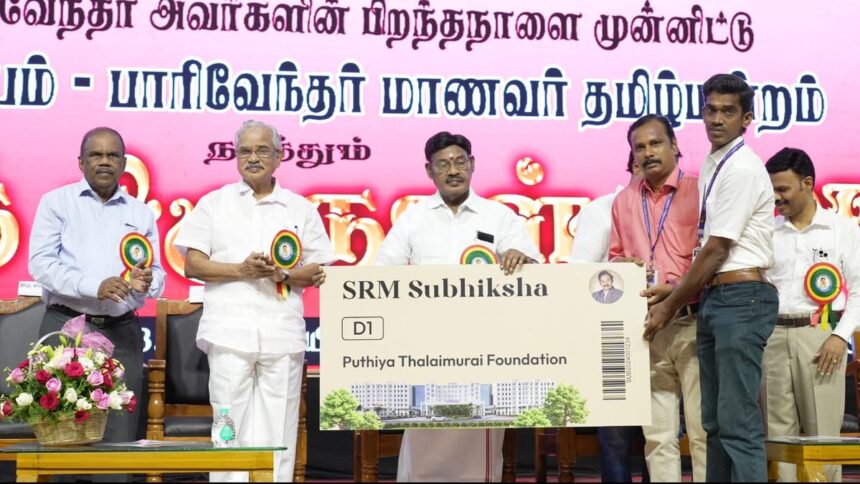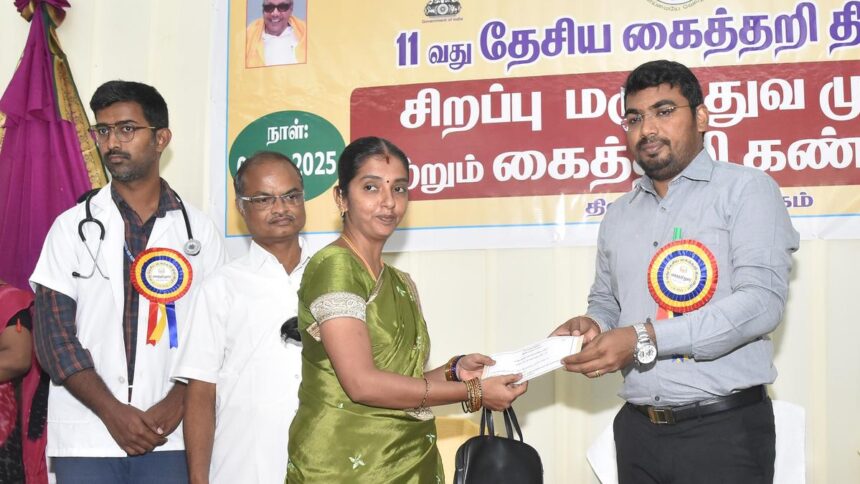
The entrance of Modern Theatres in Salem city where many films were produced.
| Photo Credit: File photo
Swanky sets, posh recording and editing studios, big films planned based on the availability of actors, dialogues written ad hoc on the sets, and budget overruns — this is how quite a few films take shape of late.
But cut to the 1930s and 40s, and film production was meticulously planned and storyline got precedence over everything else, says Mukta Ravi, Tamil film producer and son of veteran film producer and director Mukta Srinivasan.
“Modern Theatres and Jupiter Pictures played a pioneering role in cinema back then, and it has been over 90 years since they were launched. And of course, the Central Studios, where many films were shot too, is over 90 years old now. My uncle Mukta Ramaswamy and my father Mukta Srinivasan who worked in Modern Theatres and later started Mukta Films would recall how diligent T.R. Sundaram, founder of Modern Theatres, was,” he says.
Vast rehearsal places
The production houses had exclusive rehearsal halls with various rooms, including spaces for composing songs, planning, and rehearsals of dance sequences, scenes, and dialogues. “Similar to classrooms, each of these rooms would have boards and chalk pieces. Be it lyrics, notations for songs, storyboard, jathi for dance, everything would be written on the boards. It was a very systematic set up. Only if the rehearsals went well, the director and artists would step into the studio,” he says.
Mr. Ravi notes that the storyline and the budget were the priority back then. “At that time, if T.R. Sundaram felt there would be cost overruns if there were multiple big stars in a film, he would change the cast,” Mr. Ravi says.
Madras was not the epicentre of film studios and production in the 1930s. Salem housed Modern Theatres and Jupiter Pictures occupied Central Studios in Coimbatore for seven years. There existed quite a few film production houses in the western region. Later, Jupiter Pictures went on to establish Neptune Studios in Madras.
Lifeline for many
One of the significant contributions of the film production companies such as Modern Theatres was how they helped people survive during famine, he says. These companies were a source of livelihood for many artists. “They would come to the sets so that they can have at least one meal a day,” he adds.
Not just that, both these companies also played a crucial role in giving opportunities to former Chief Ministers of the State — C.N. Annadurai, M. Karunanidhi and M.G. Ramachandran — in the celluloid space, says B.S. Mohan Kumar, grandson of M. Somasundaram who founded Jupiter Pictures, along with S.K. Moideen.
“I think one of the significant achievements of Jupiter Pictures is that they brought out some of the best reformist films of those times— Menaka, Kannagi, Velaikari and Manohara. Our strength was alsothe fact that our films had powerful Tamil dialogues that left a lasting impression on the minds of the audience then,” he says. Jupiter Pictures, in a way, gave voice to the thoughts of powerful writers like Annadurai and Karunanidhi, he adds.
“It is safe to say that the foundation laid by Modern Theatres and Jupiter Pictures began to transform the State, and Madras, helping it play host to shooting of several landmark films, not only in Tamil but also in other languages,” Mr. Ravi adds.
Published – August 31, 2025 12:46 am IST



















